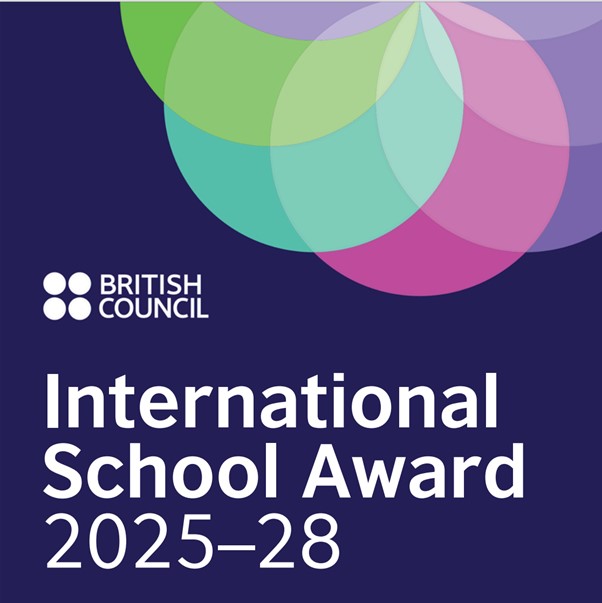We aim to deliver a high-quality history education that engages, inspires and challenges our pupils, providing them with the knowledge and skills to engage and develop an understanding of how events through time have shaped the world they live in. At SFSM, we want all of our children to have an understanding of the world in which they live. Our History curriculum will be full of topics that foster awe and wonder and drive children to ask the question why. The History topics will help children to gain an understanding of the world around them and the process of change, as well as their own place within the world and the challenges of their time.
Excellence
At SFSM, we will ensure excellence in teaching and learning within a high-quality learning environment, through leadership and within all aspects of school life. We celebrate our pupils’ ability to ask and answer historical questions and through exciting curriculum opportunities that cover all aspects of history including visits, we foster a deeper understanding of peoples’ lives in the past.
Encouragement
We create a positive atmosphere where everyone feels happy, safe and valued; where consistent encouragement, praise and effective feedback lead to success and development in historical understanding.
Exploration
We allow children to explore through stimulating learning environments where they encounter challenging and creative learning experiences. Through the study of recent and past events, pupils begin to develop an historical understanding and knowledge that impacts on their own development in the subject.
Spirituality in History
Spirituality features in history as it provides children an opportunity to connect with the past, developing a sense of identity and belonging. Historic events and people can provide insight into the spiritual values and beliefs of past generations and societies. By learning about the rituals, beliefs, and values of earlier civilisations, children can develop empathy, understanding and appreciation for different cultural expressions of spirituality.
In addition, the study of history can expose children to the struggles, resilience, and courage of individuals who stood up for their religious and spiritual beliefs, and fought for change. Children can learn about the role of spiritual values in movements for social justice, such as the Civil Rights Movement, and connect with the spiritual significance of events such as Gandhi’s non-violent resistance.
Through the study of history and comparative religions, children can develop critical thinking skills, ethical awareness, and a personal sense of spirituality that transcends their immediate environment. Overall, history provides an opportunity for children to connect with the spiritual traditions of the past, understand their significance, and develop a deeper sense of appreciation, empathy and identity.









